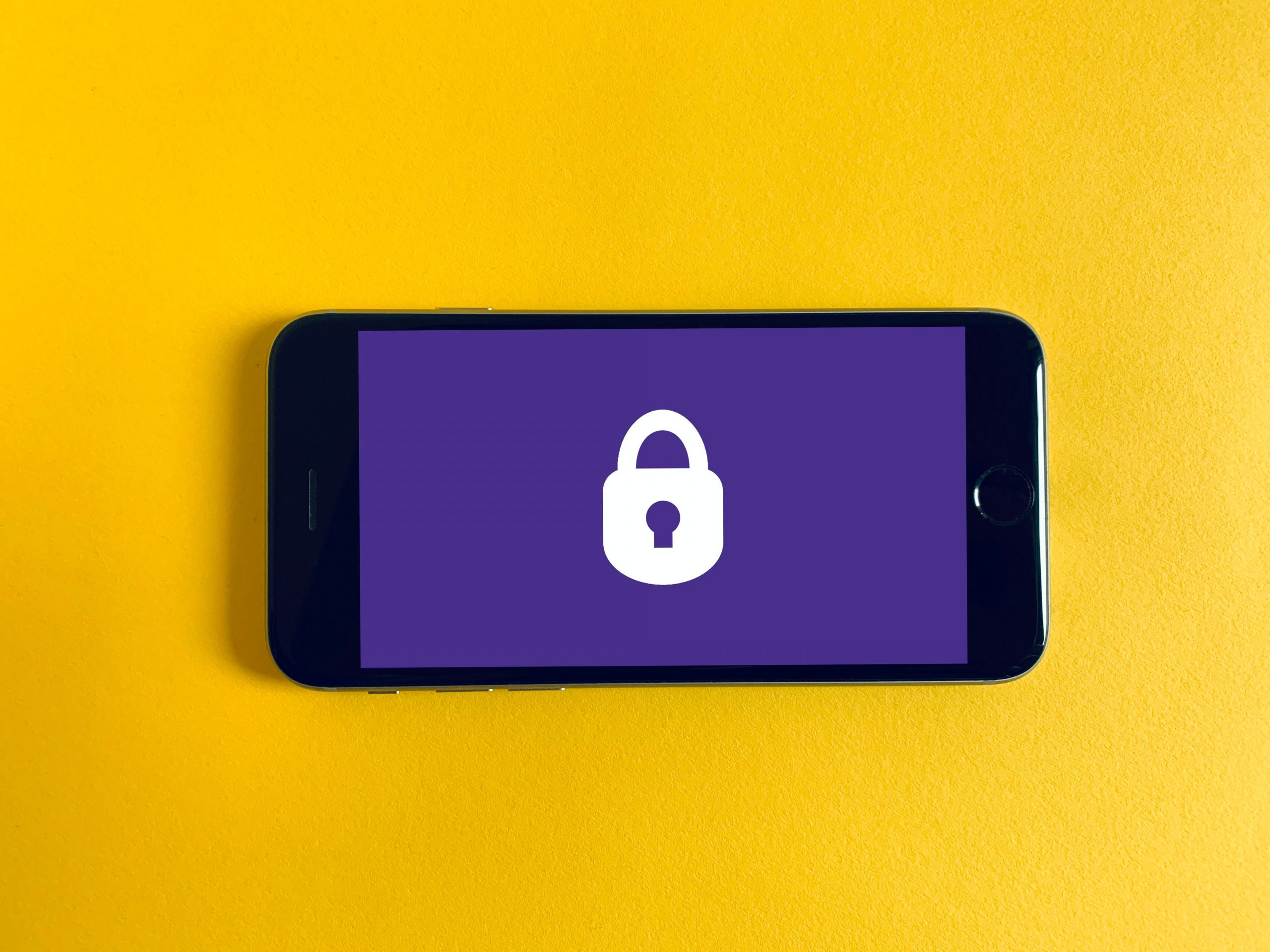
Risk-taking vs Risk management
December 28, 2020
We welcome Auto & General to the AQ family
January 4, 2021With home working becoming the norm in 2020, the UK has seen a rise in the number of people starting new jobs remotely. While employers will hopefully have designed an onboarding process to meet the challenges of operating away from the office, it can still be difficult for new starters to really get to grips with an unfamiliar role.
Here are our top tips for starting a new role working from home.
1. Do not worry about being an inconvenience
As the company newbie, it is a difficult balancing act between being useful and not being a nuisance. Unfortunately, it is almost impossible not to feel like a slight annoyance, as you rely on others to do your job. While this is part-and-parcel of office life, working from home makes this more difficult – you cannot simply shadow someone or turn to the person next to you for help.
Try not to shy away from asking questions or getting involved. Your new bosses and colleagues will not expect you to know everything right away and will understand that you will only be able to hit the ground running with a little hand-holding. Hopefully, your employer will plan for this, but if not, do not hesitate to dive straight in and learn as much as you can.
2. Be proactive
In any new job, an employer would naturally expect you to take some time to settle in; perhaps needing a year or more to reach full productivity. The problem with working remotely is that if you are out of sight, you run the risk of being out of mind. You do not want to become invisible, or worse, become conspicuous by your obscurity. This means you are going to have to be proactive to remain productive when working remotely. Actively seek tasks and responsibility, ask for feedback, do not be afraid to communicate ideas.
3. Meet the team
When starting any job, it is always important to get to know your bosses and colleagues. In ‘normal’ circumstances, this might involve some team building, a social event or just swinging by someone’s desk – but this obviously is not so easy when working remotely.
Any responsible employer will introduce you to the right people and make you feel part of the team, but if you continue to feel like an outsider, then you will probably have to reach out yourself, either online or over the phone.
4. Find the best way to communicate
With physical face-to-face interaction not really an option, perfecting the art of virtual communication is crucial to settling into a remote job. The pandemic has forced businesses to rethink communication and your new employer might have discovered a way that works for everyone. If it has not been made clear to you already, ask your employer, or colleagues you have already been put into touch with, how staff typically communicate with each other. You might find that this differs between people, or changes over time, but an important part of starting a job remotely is finding out exactly how to communicate with the rest of the business.
Starting a new job is always a little nerve-wracking but working remotely can lead to even more butterflies. A good employer will have adapted their onboarding process to account for the ‘new normal’, but you can still make the transition easier by speaking up and making your mark.





